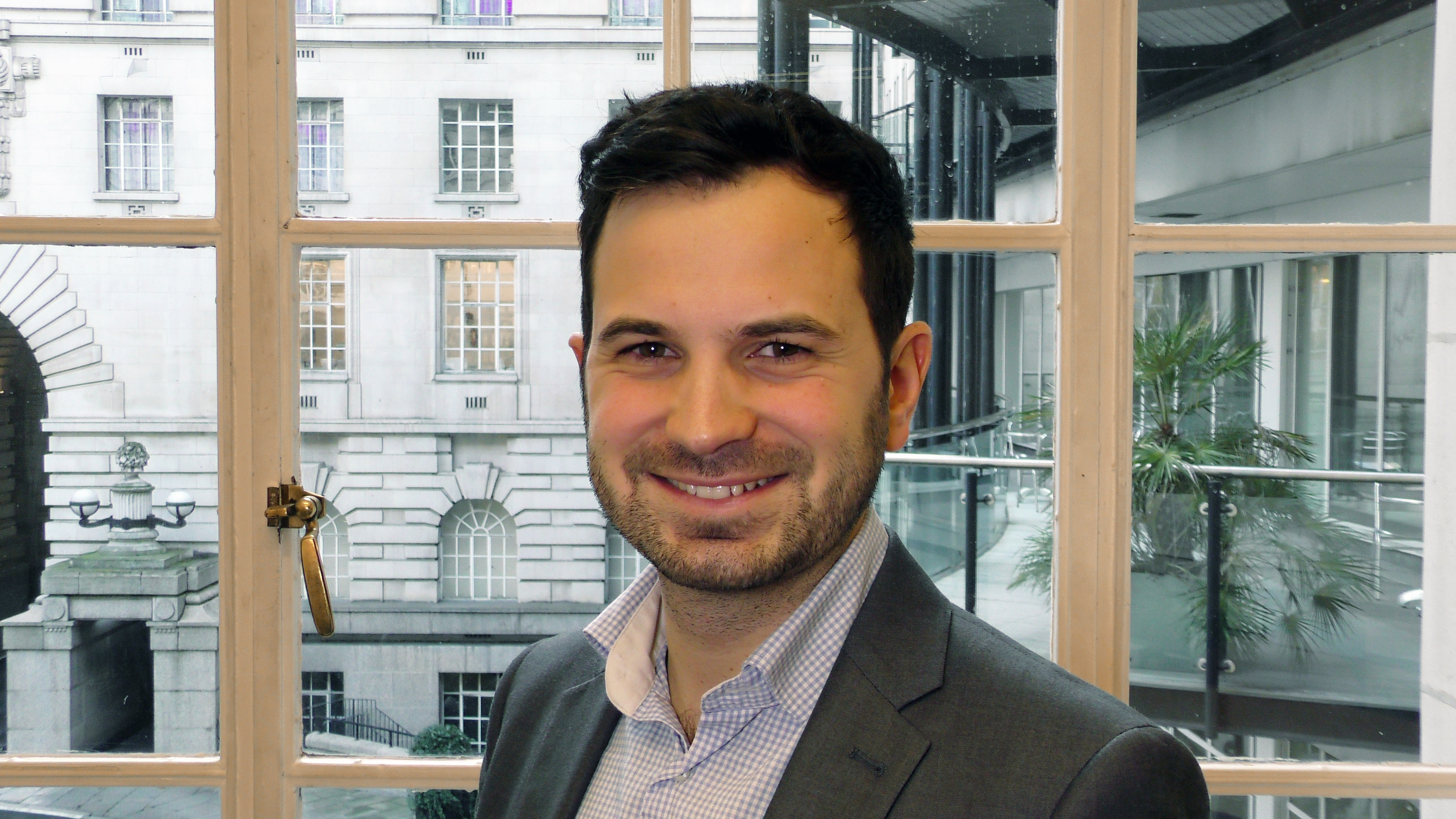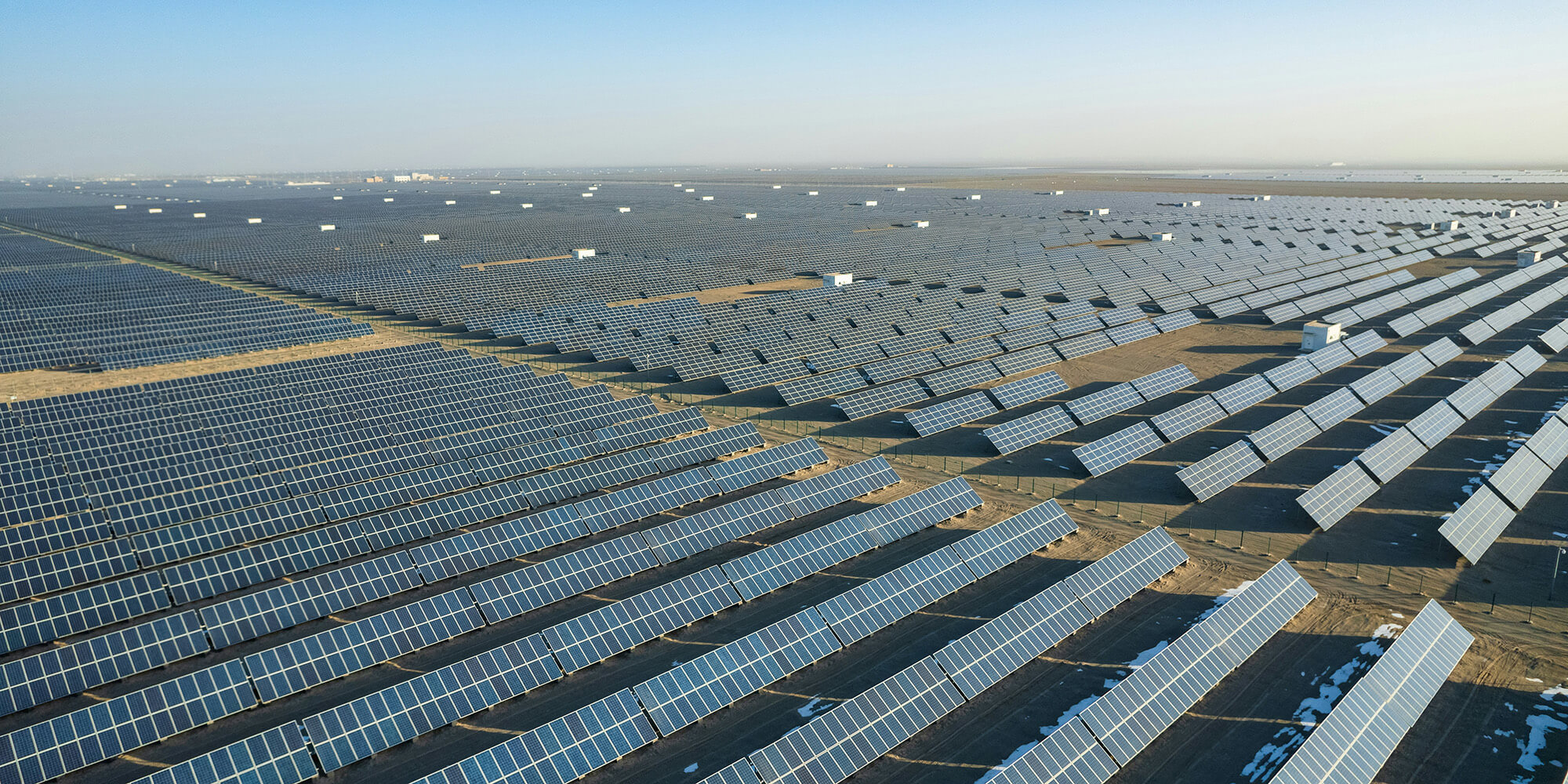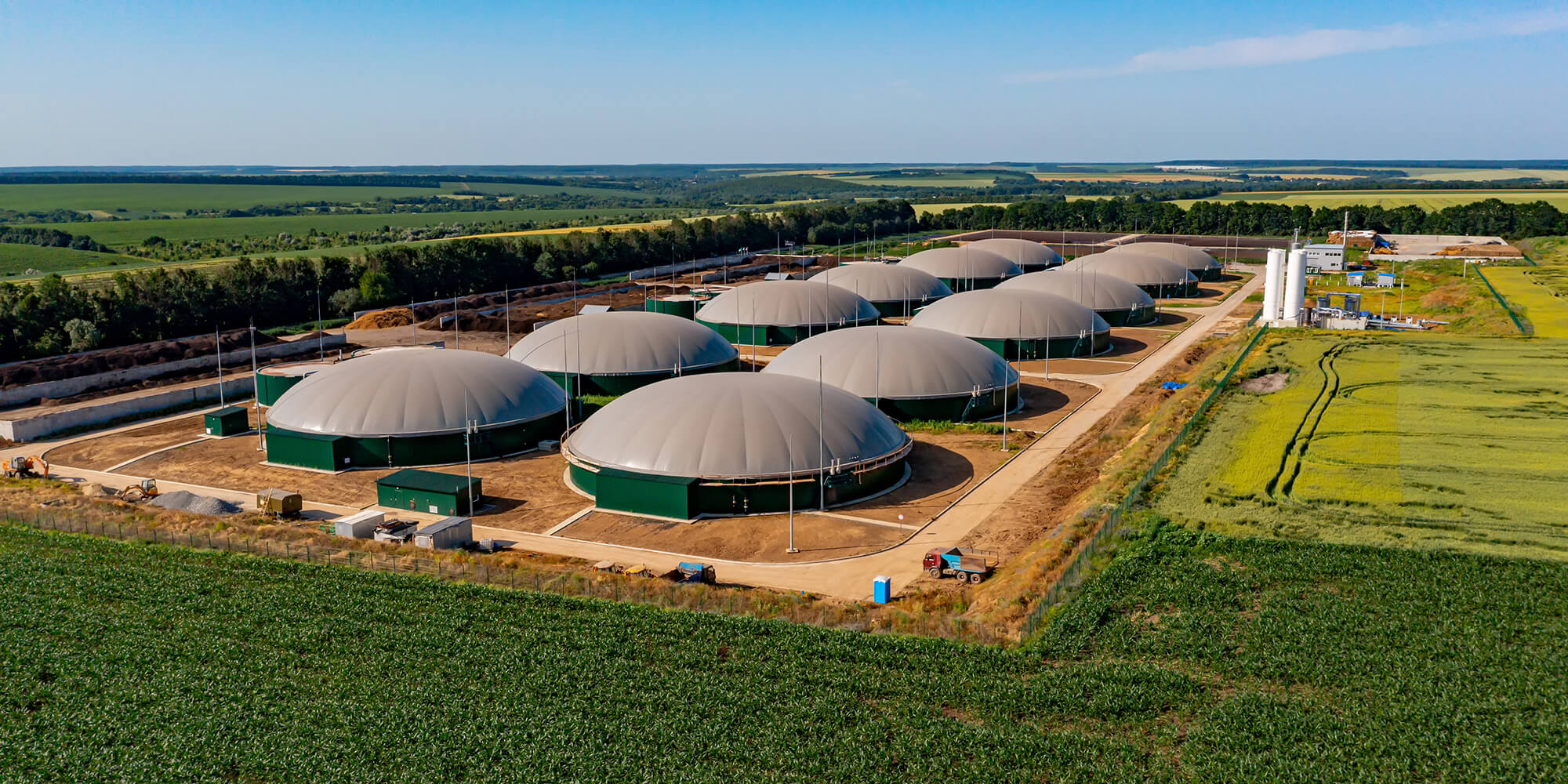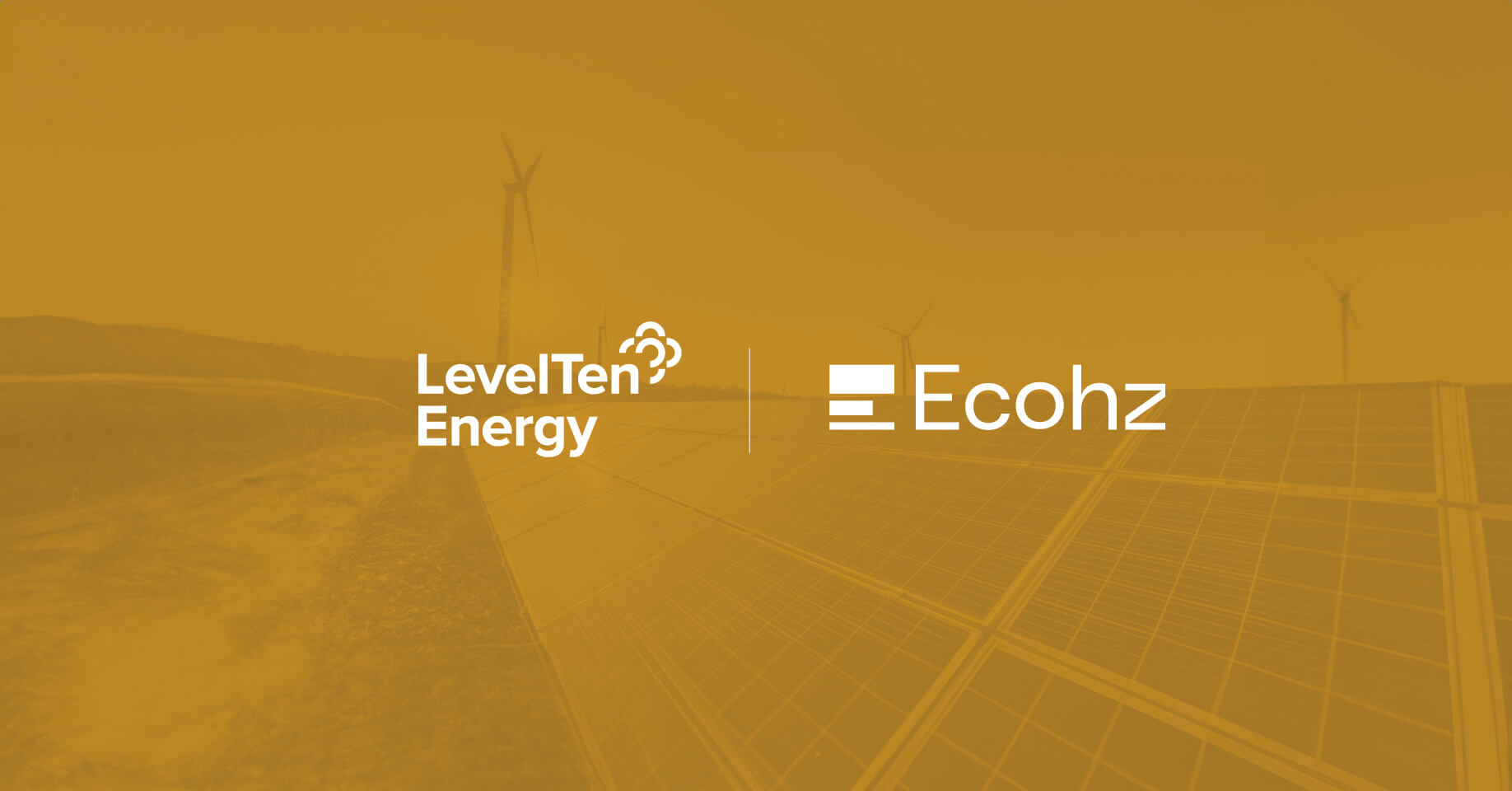What edge do the RE100 companies get and has this changed?
“Companies that join RE100 make a broad and transformative commitment to source 100% of their electricity consumption from renewable resources. They are changing their perspective on energy, shifting from considering it as a simple commodity to see it as a real asset. By doing so, they are re-writing the rulebook for corporate energy sourcing, becoming more mature and sophisticated.”
“Our latest Insight and Progress report showed that 88% of our members see the economics of renewables as a key driver for their renewable energy strategies. Our next report will look at a new round of data from our members, but we expect the trend to remain the same. The clean energy transition brings companies new business opportunities and gives a competitive edge to those who seize them.”
“Greenhouse gas emission management and addressing corporate social responsibility are still critical factors that lead a growing number of companies to commit to source renewable electricity, but it is clear that the strong business case is increasingly a main driver of change as well. “
What is the link between clean energy leadership and financial performance?
“There is a clear correlation between clean energy leadership and financial performance even though we cannot say that there is direct causality. What we do know is that RE100 members outperform their peers on key financial indicators, and that using clean energy goes hand in hand with being a market leader.”
“With electricity from renewable energy sources becoming cheaper, and increased decentralization of energy systems enabling companies to become active market participants, new business opportunities are also emerging. As our latest report shows, companies joining RE100 are shaping future energy markets to their needs and so setting themselves up for success.”
“I also firmly believe that how a company engages with clean energy can transform its business operations as a whole, not only the bottom line. It can help improve staff retention, attract the best talent and improve stakeholder reputation. But more work needs to be done to understand the extent of those changes.”
How are the RE100 members shaping their 2019 plans?
“We are seeing companies constantly looking to increase the impact of their renewable electricity sourcing strategy, as we outlined in our recent Leadership Report from this August. This means that more and more companies are diversifying their approaches, generating more renewable energy onsite, signing more PPAs and getting ready to work with their suppliers on their sourcing strategy as well.”
“In 2019, we expect even more companies to look at the broader sustainability aspects of their sourcing strategies, such as the environmental and socio-economic impacts of the projects they support. We also expect them to be engaging their peers, employees, suppliers and policymakers to accelerate the clean energy transition beyond their own operations.”
Are companies signing up to RE100 for the same reason as before?
“Some arguments we hear remain the same. Corporate leaders want to be sure they are doing what their stakeholders expect of them, such as reducing the company’s greenhouse gas emissions. But recently, we have seen more and more companies mention the business case as a driver for their RE100 commitment. A recent example is T-Mobile saying they will save USD $100 million over the next 15 years, simply by committing to source 100% renewable electricity.”
Once they sign up, what plans do the companies make to meet their commitments? What is their journey from committing to changing?
“Companies can and do join us at different stages of their renewable energy journey. Some companies do not procure any renewable electricity when they join, and others have a long history of doing so. Regardless, they all send a clear public signal by committing to procure 100% of their electricity from renewable energy by a specific target year before 2050.”
“The actual plan for how they implement their commitment also differs for each company and depends on a number of factors such as available resources (financial and staff) organizational set up, consumption profile etc. Some start by working in their key geographies before addressing the rest, while others define detailed sourcing strategies for their global operations that can prioritize a specific approach such as PPAs. But most adopt a mix of approaches.”
“Overall however, we have seen a growth in corporates signing PPAs in the last 24 months. In the first 6 months of 2018, more megawatts had been contracted through PPAs than during the whole of 2017. That really shows us that companies are making serious, long-term commitments to renewables.


.png?width=3840&height=2560&name=Sun(1).png)

.png?width=3840&height=2560&name=Landscape_2(1).png)





